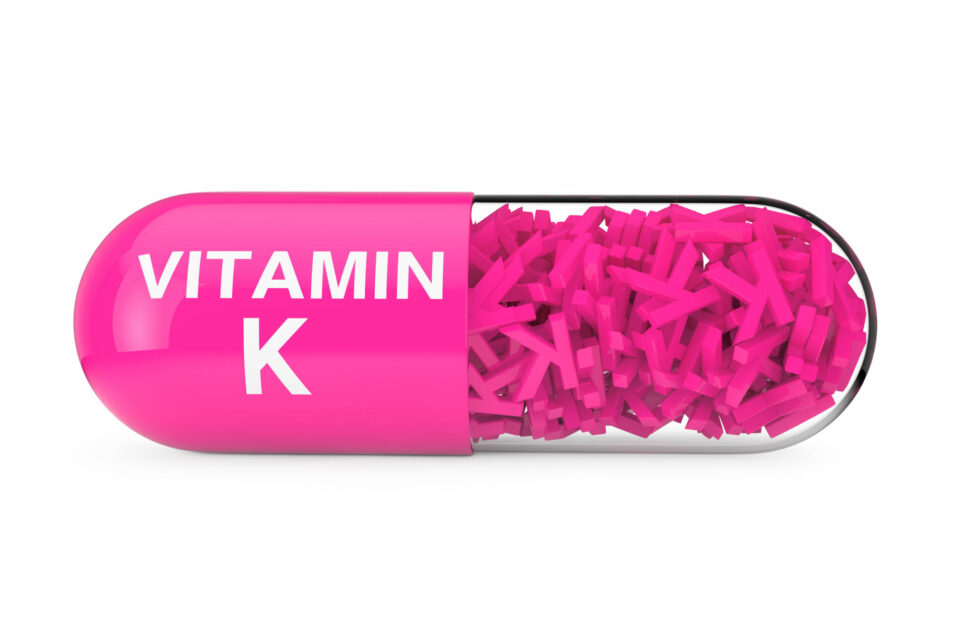Vince
Super Moderator
Oslo, Norway—Vitamin K status is heavily associated with COVID-19-related inflammation—more strongly, in fact, than vitamin D deficiency, according to a new article published in Frontiers in Nutrition.
The article was written by a research group from the Canisius-Wilhelmina Hospital in the Netherlands, in collaboration with the vitamin K2 manufacturer Kappa Bioscience.
Pathology during COVID-19 infection arises partly from an excessive inflammatory response with a key role for IL-6. “IL-6 is a pro-inflammatory cytokine that plays a key role in the development of severe COVID-19 and is regarded as an important therapeutic target,” explained senior author Jona Walk, M.D., Ph.D., in a press release.
Both vitamins D and K have been proposed as potential modulators of this process. The research group in question assessed vitamin D and K status in 135 hospitalized COVID-19 patients in relation to inflammatory response, elastic fiber degradation, and clinical outcomes.
Comparing the patients with good outcomes and with poor outcomes:
The researchers have suggested an intervention trial to provide insight as to whether vitamin K administration, with or without vitamin D, could improve clinical outcomes in those with COVID-19.

 wholefoodsmagazine.com
wholefoodsmagazine.com
The article was written by a research group from the Canisius-Wilhelmina Hospital in the Netherlands, in collaboration with the vitamin K2 manufacturer Kappa Bioscience.
Pathology during COVID-19 infection arises partly from an excessive inflammatory response with a key role for IL-6. “IL-6 is a pro-inflammatory cytokine that plays a key role in the development of severe COVID-19 and is regarded as an important therapeutic target,” explained senior author Jona Walk, M.D., Ph.D., in a press release.
Both vitamins D and K have been proposed as potential modulators of this process. The research group in question assessed vitamin D and K status in 135 hospitalized COVID-19 patients in relation to inflammatory response, elastic fiber degradation, and clinical outcomes.
Comparing the patients with good outcomes and with poor outcomes:
- Vitamin D levels were not significantly different.
- IL-6 levels were significantly higher in patients with a poor outcome.
- Vitamin K status was associated with IL-6 levels, while vitamin D levels were only borderline statistically significantly correlated with IL-6.
- A significant association was found between IL-6 and elastic fiber degradation.
- Contrary to vitamin K status, vitamin D did not correlate with elastic fiber degradation.
The researchers have suggested an intervention trial to provide insight as to whether vitamin K administration, with or without vitamin D, could improve clinical outcomes in those with COVID-19.

Vitamin K Status Correlates with COVID-19 Inflammation, Research Finds
Oslo, Norway—Vitamin K status is heavily associated with COVID-19-related inflammation—more strongly, in fact, than vitamin D deficiency, according to a new article published in Frontiers in Nutrition. The article was written by a research group from the Canisius-Wilhelmina Hospital in the...
















